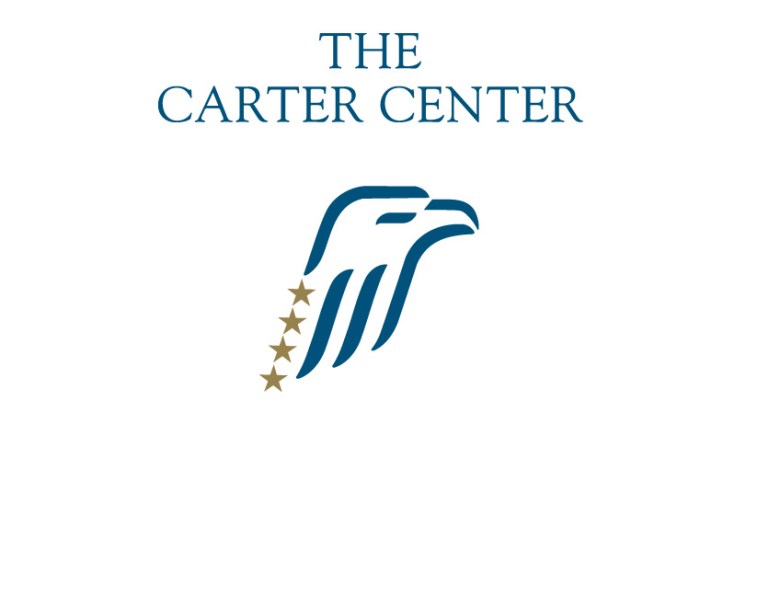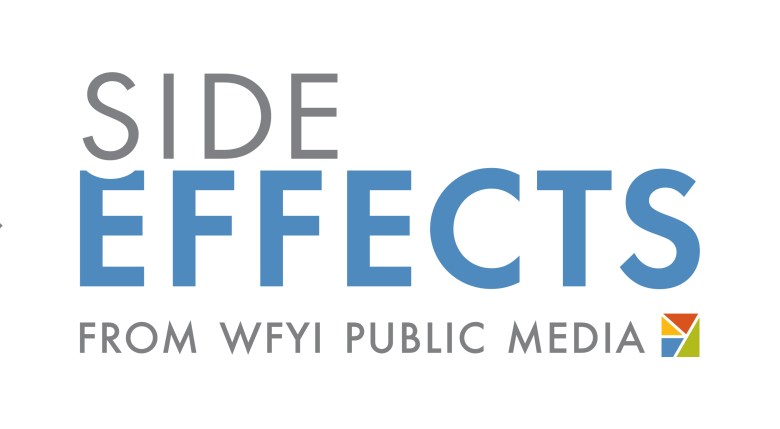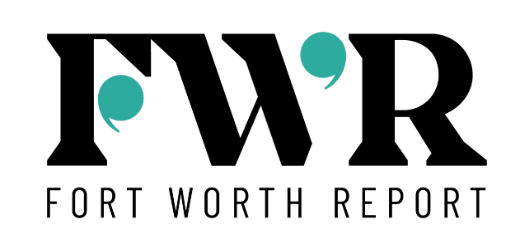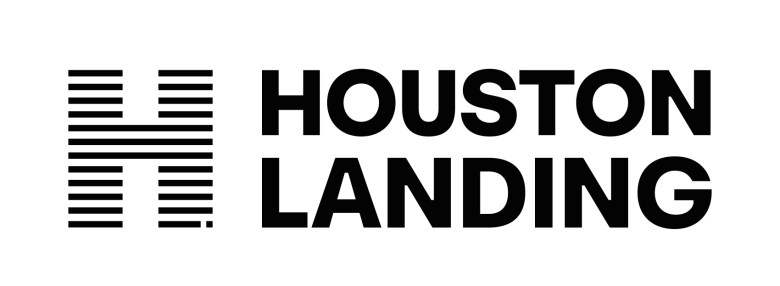Updated Aug. 25, 2023
The Mental Health Parity Collaborative is a partnership between The Carter Center’s Rosalynn Carter Fellowships for Mental Health Journalism, The Center for Public Integrity, and news outlets in Arizona, California, Colorado, Georgia, Illinois, Oklahoma, Tennessee and Texas. More than 40 reporters and editors from more than 15 news outlets are working to produce data- and solutions-driven stories that examine access to mental health care in their states and why mental health parity hasn’t been achieved. Check out the latest stories below, along with those from the previous collaborative cohort.
Background
In 1996, the breakthrough Mental Health Parity Act was passed — the first legislation to require that certain insurance providers cover mental health benefits the same, or on parity, with medical benefits.
By the numbers
- More than 1 in 5 U.S. adults experience mental illness each year
- More than half of U.S. adults with a mental illness — 27 million people — don’t receive treatment—a number that has been on the rise since 2011
- Roughly 1 in 10 people who struggle with mental illnesses have no health insurance
- 60 percent of children experiencing major depression are not receiving care
Yet even after the Mental Health Equity and Substance Abuse Parity Act passed in 2008, expanding the reach of the 1996 law, along with the Affordable Care Act in 2010, parity between mental health care and medical health care is far from being achieved. Millions of people struggle to find, receive, and afford appropriate mental health treatment and, as a result, are forced to pay out-of-network costs or not receive care at all. The 2018 State Parity Implementation Survey gave 43 states a grade of D or F on mental health parity.
Though stigma still shrouds awareness of mental health issues, they are pervasive and have serious implications, putting people at high risk for suicide and crisis. This situation was exacerbated by the Covid-19 pandemic, with data indicating increased rates of depression, anxiety and suicidal ideation. At the same time, we face a national shortages of counselors and therapists.
FEATURED STORY
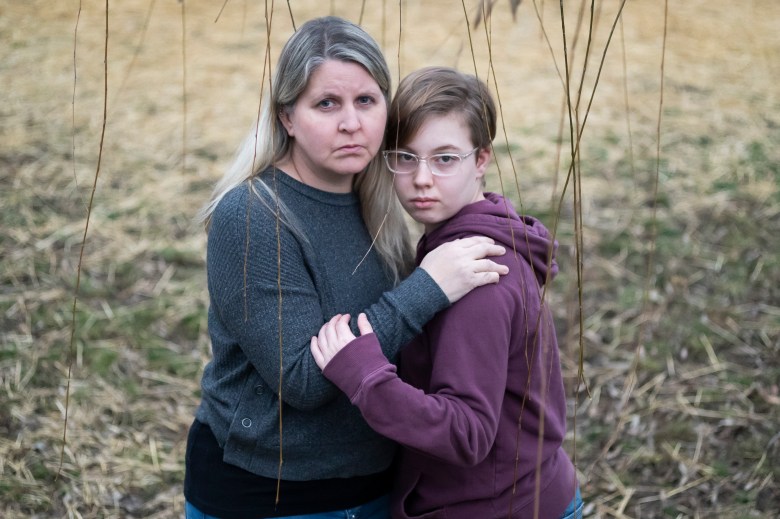
Families take drastic steps to help children in mental health crises
An insufficient mental health care system pushes some families to give up custody of their children for care. States look for better solutions. (From The Center for Public Integrity)
OTHER STORIES
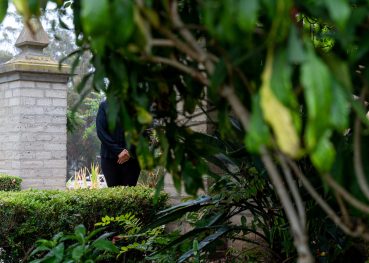
Mental Health Care Is Critical for Survivors of Violence. Access Is Another Story
Californians in general struggle to find and afford mental health treatment, but the access difficulties are magnified for survivors of domestic violence. (From California Health Report)

How San Diego Is Rolling Out CARE Court
San Diego County is up against the clock to implement a new state-mandated system that compels people with certain mental illnesses into care. It’s a herculean task, and one with many obstacles. (From Voice of San Diego)
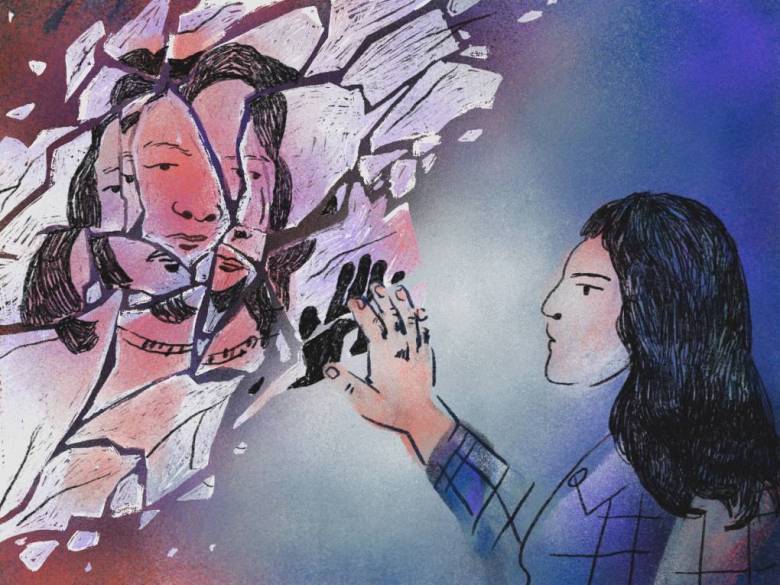
Proven Schizophrenia Treatments Keep People in School, at Work and off the Street. Why Won’t Insurance Companies Cover Them?
Treatment programs recommended by the National Institute of Mental Health as the gold standard of care for early psychosis rarely have enough slots available for the people who need them, and health insurance companies typically refuse to cover the full cost of these programs. (From KQED)
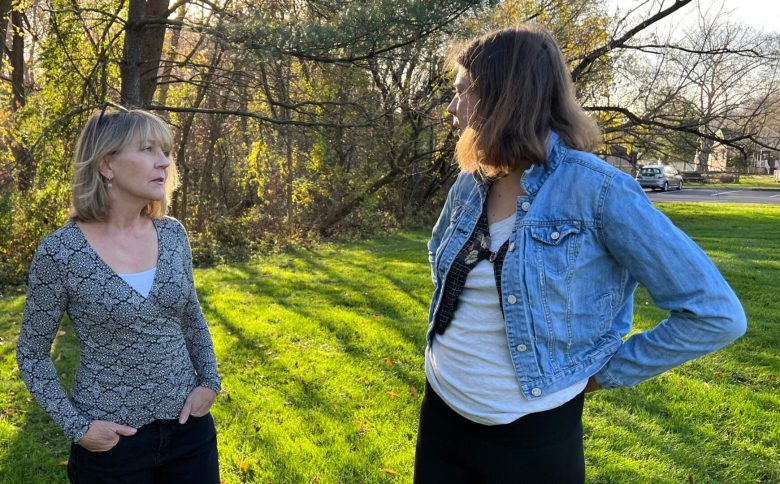
Jails fail to accommodate people with mental illness. In some cases, it’s a civil rights violation
Conditions in some corrections facilities are a moral failure that also costs taxpayers millions.
WITF found that nearly one-third of so-called “use of force” incidents with pepper spray, stun guns and other distressing methods of control involved a person with a serious mental health issue. (From WITF)

Uvalde prompted Texas to start taking mental health in schools more seriously. Is it enough?
The May 24 shooting at Robb Elementary school in Uvalde, Texas, that killed 19 children and two teachers pushed several important issues into the national conversation, including the availability of guns, school security, and mental health access. (From Texas Public Radio)

Texas bans many proven tools for helping drug users. Advocates are handing them out anyway
As overdoses skyrocketed amid the pandemic and the fentanyl crisis, advocates across the state are working discreetly to distribute these supplies as part of a practice to combat substance use disorder known as harm reduction. (From The Texas Tribune)

California is trying to house the homeless through a health insurance program. It worked for this man.
At the beginning of the year, California began rolling out extensive reforms to Medi-Cal, the state and federally funded healthcare program which serves low-income adults and children. (From The Los Angeles Times)
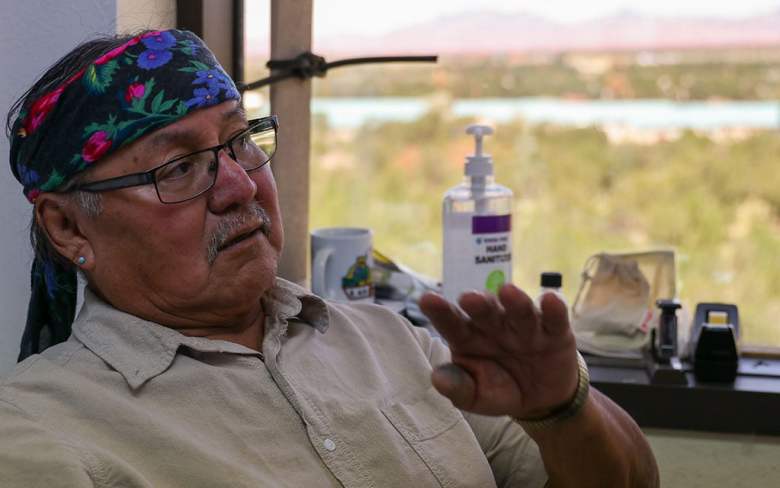
Healing through culture: Increasing access to Native American practices to treat mental health
Researchers have long pointed to the importance of incorporating cultural practices into behavioral health care for Native Americans, but there is an ongoing struggle to ensure those services are accessible and affordable. (From Cronkite News) Related Indigenous healing: A documentary

“It’s destroying me”: Storm after storm, climate change increases strain on Texans’ mental health
Tens of thousands of coastal Texas residents have survived repeated extreme weather events including Hurricane Harvey. For many, it has taken an emotional toll, and researchers warn that climate change could be “catastrophic” for our mental health. Related podcast. (From The Texas Tribune)

There’s Free Mental Health Help For Crime Victims, But Providers Say Bureaucracy Gets In The Way
Therapy sessions were covered through a program administered by the California Victims Compensation Board, which reimburses crime-related mental health expenses with dollars that come in through restitution from perpetrators and federal grants. But process changes and ongoing bureaucratic slowness with CalVCB has made serving crime victims more difficult than ever. (From LAist)

In March 2020, Gov. Doug Ducey signed into law a sweeping set of measures designed to help curb rising rates of suicide and expand access to mental health treatment for Arizona residents with and without insurance.Yet, two years into the program, more than half of Arizona schools haven’t referred students under the law. (From Arizona Center for Investigative Reporting)
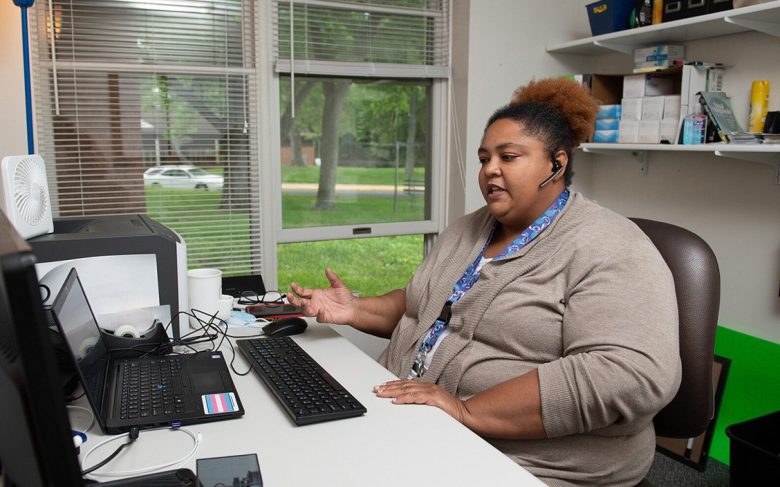
A new national mental health crisis line launches soon. Some states aren’t ready
The new crisis line is expected to send call volume soaring, and that means states like Illinois have a tough hill to climb. (From Side Effects Public Media)
- Listen to a discussion about the new mental health crisis line on NPR’s Morning Edition.
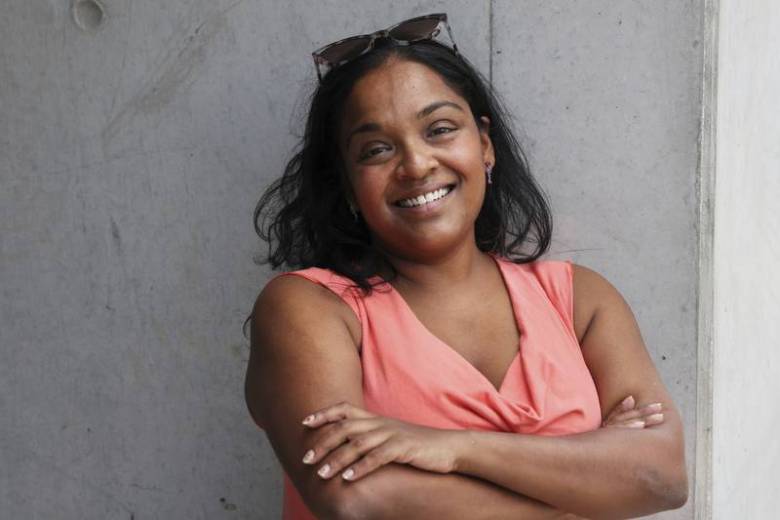
Why is it so hard to find therapists who take insurance in Illinois?
Many mental health professionals no longer take health insurance because they say they’ve grown frustrated with insurance companies not paying them enough, taking too long to pay and making them jump through hoops to give patients the care they need. (From Chicago Tribune)
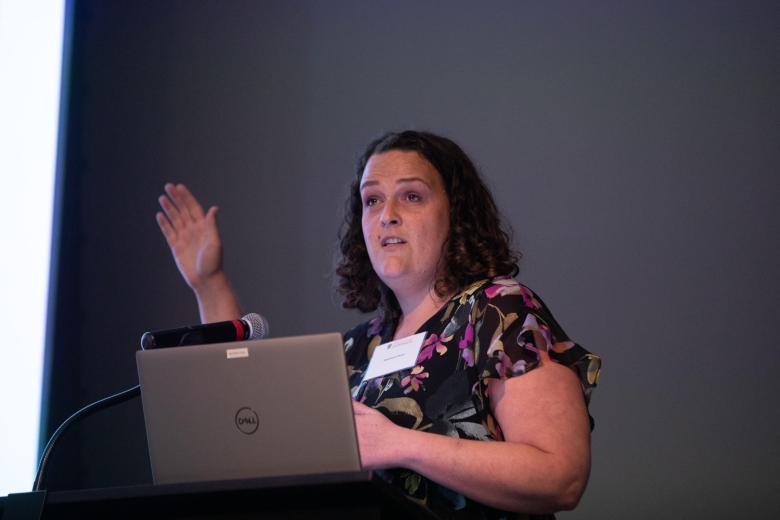
How researchers are getting farmers to talk about mental health
A survey of farmers and farm workers in Georgia painted a startling picture. Farmers living a brutal reality of isolation and loneliness. A persisting dissatisfaction with their jobs while struggling to manage stressors like extreme weather and hiking supply prices. (From GPB News)

Farmers have silently struggled with their mental health for years. Are they ready to talk?
The fallout of Hurricane Michael in 2018 and the chaos caused by the pandemic shed light on a problem that, until recently, has only been discussed in hushed tones behind doors: the deteriorating mental health of Georgia’s farming community. (From GPB News)
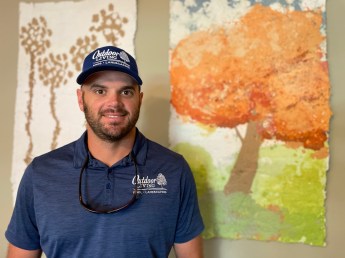
It’s the most important part of addiction recovery — and often the most difficult to access
Medical detox, inpatient rehabilitation and ongoing counseling are often not paid by insurance, even when patients have coverage. Many substance abuse counselors don’t even accept insurance. (From GPB News)
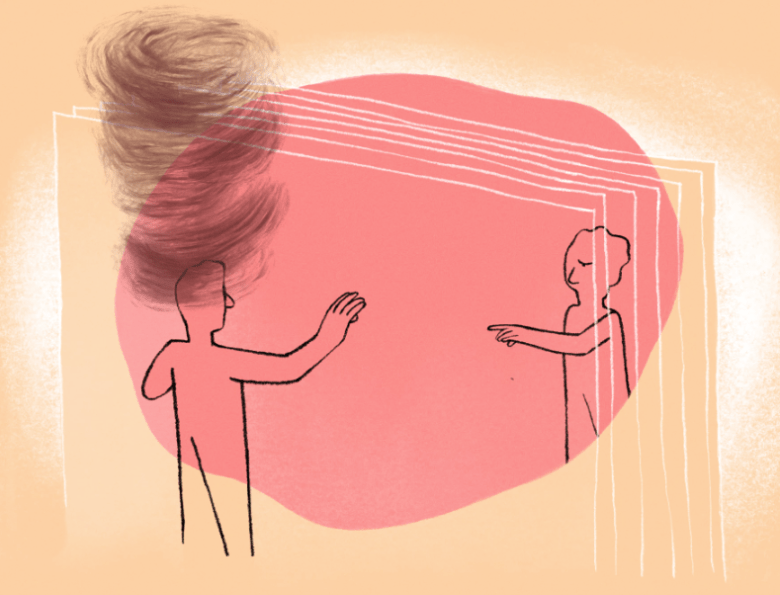
CARE Court Aims To Help People Living With Serious Mental Illnesses.
There’s a bill making its way through the state legislature that aims to create new avenues for people living with a serious mental illness to get life-saving treatment. (From LAist and KPCC)
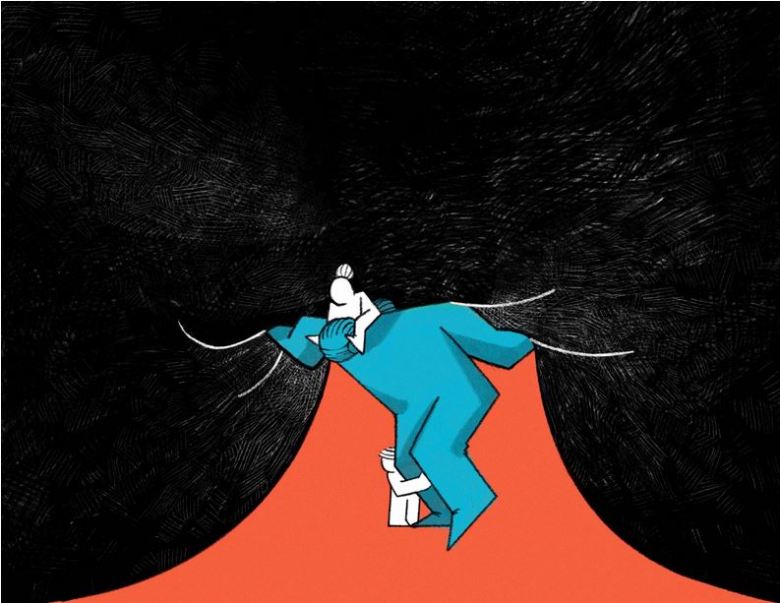
Why The Pandemic Took An Especially High Mental Health Toll On New Parents
Between February and July of 2020, one in three birthing parents experienced postpartum depression, up from one in eight before the pandemic. (From LAist and KPCC)
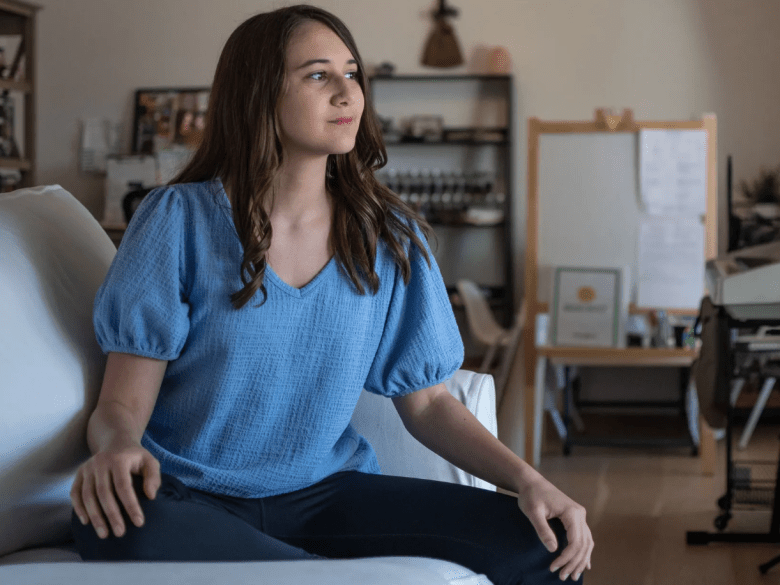
The state ranks at or near the bottom on several key indicators of youth well-being, such as the percentage of kids with untreated depression. (From Arizona Center for Investigative Reporting)
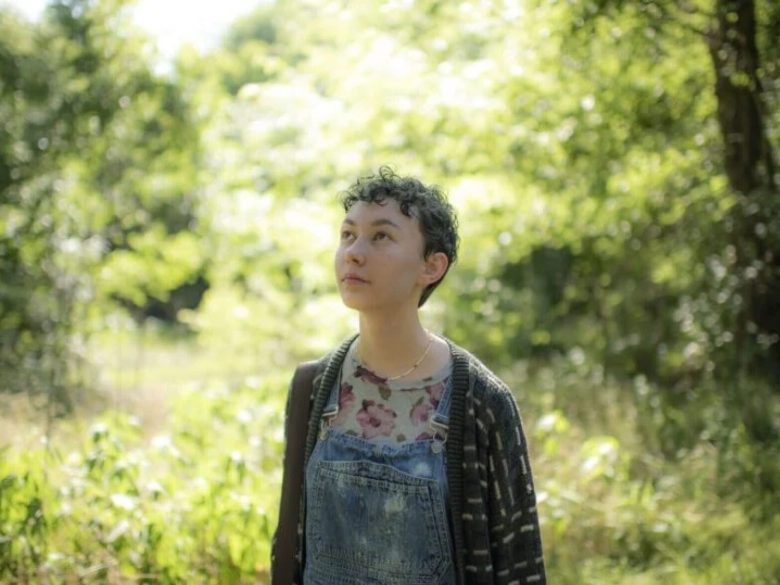
For trans youth in North Texas, finding affirming mental health care can be a challenge
Texas leaders have targeted trans youth, their families and gender-affirming care practices for months. (From KERA)
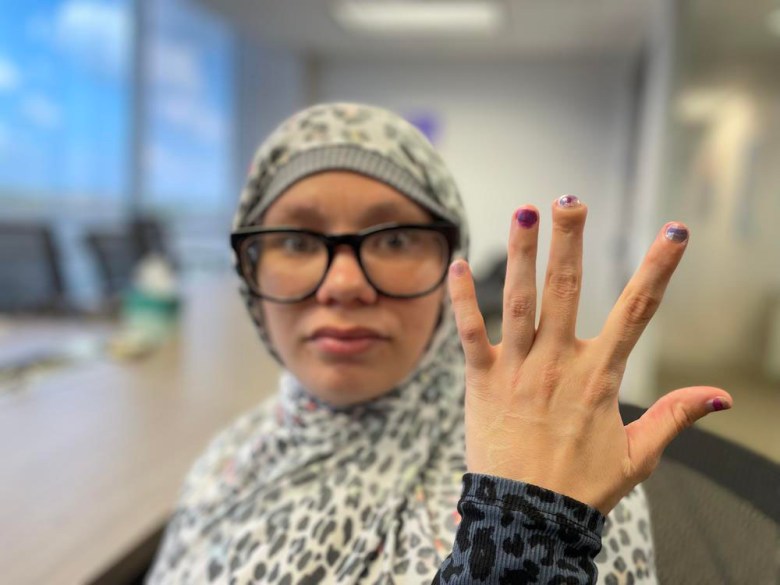
With few other resources, people with behavioral health issues find treatment in jails and prisons
Jails are the state’s de facto mental health facilities. (From Georgia Public Broadcasting)
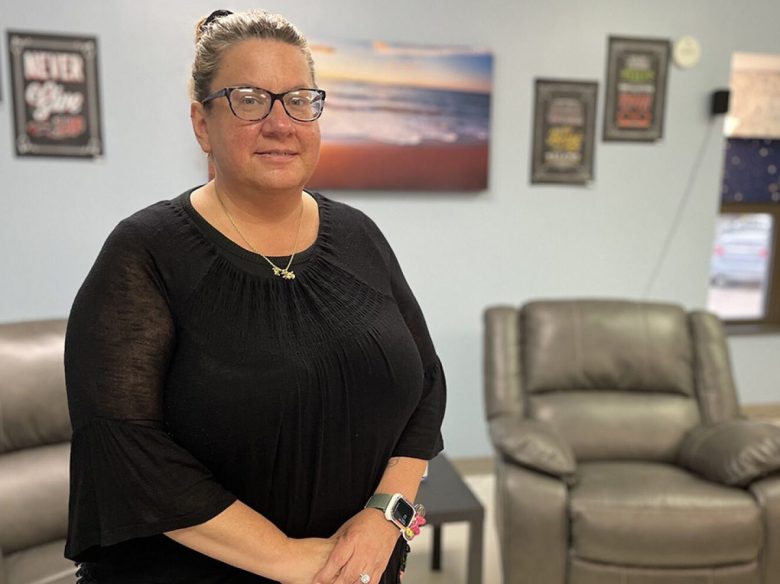
Amidst a lack of mental health services, the ‘Living Room’ approach aims to plug gaps
Living Rooms offer an alternative to the emergency room and jails, which often become the default providers of emergency mental health care. (From Side Effects Public Media)
- Listen to the author’s report on WBUR: Here & Now.

The law governs assisted outpatient treatment, or AOT, a court-ordered treatment plan. Standards to qualify for AOT are lower than those needed for an involuntary 302 hospitalization. (From PublicSource)
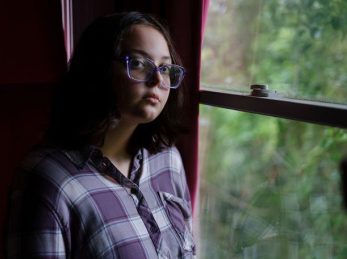
Georgia students’ private battle: Anxiety disorders in the classroom
“We’re putting our kids in these incubators of pressure,” said licensed psychologist Josh Spitalnick of Anxiety Specialists of Atlanta. “(It’s) not surprising that we’re seeing more families in a clinic like ours.” (From The Atlanta Journal-Constitution)

Law enforcement enlists mental health experts to help save lives — ‘a paradigm shift in policing’
It’s a change from previous tactics when people suffering from mental crises were often arrested, a strategy that only exacerbated their issues and resulted in jails filling up. (From Georgia Public Broadcasting)
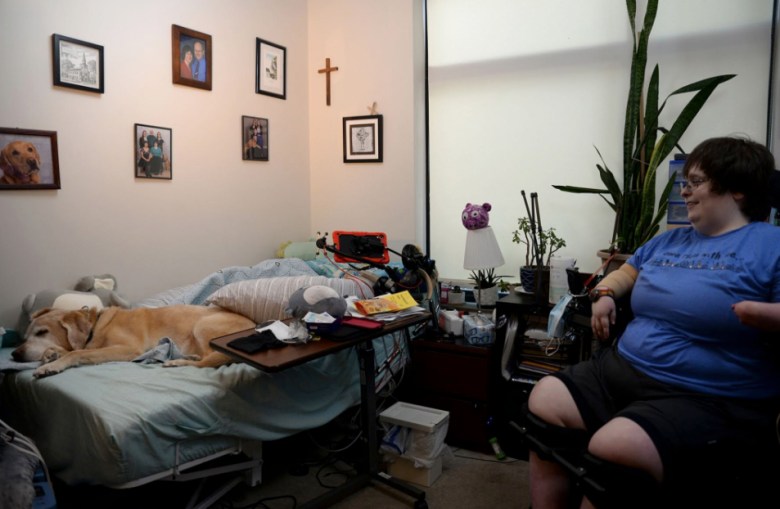
PA eased telehealth regulations during the pandemic. What happens if the waiver expires?
The unprecedented access to telehealth was appreciated by many patients and doctors, like the patients receiving physical therapy without leaving home and doctors seeing more patients in a day and managing those more effectively. (From PublicSource)
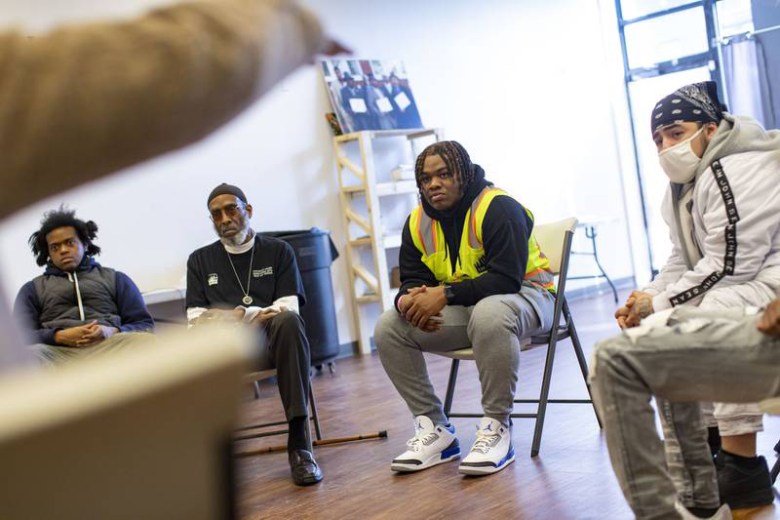
During the pandemic, many Chicago organizations began rethinking how to provide mental health help as the virus swept into the city. (From Chicago Tribune)
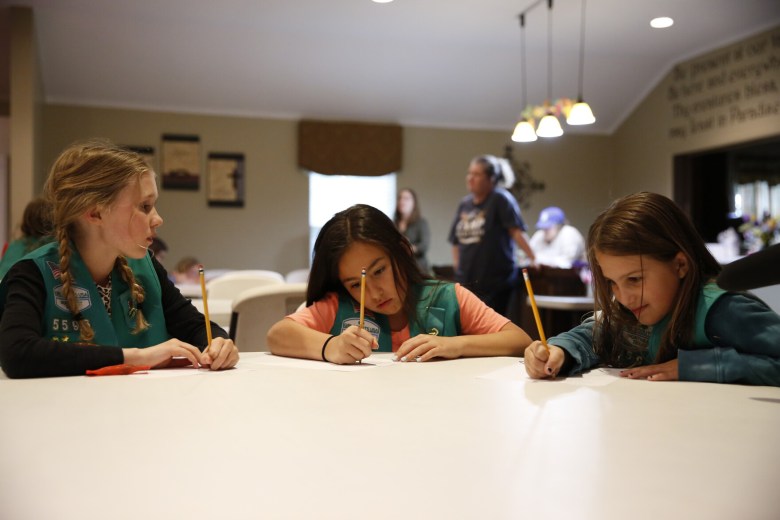
The Girl Scouts of Northeast Texas are tackling mental health, one patch at a time
The COVID-19 pandemic worsened stress, anxiety and depression for young people—especially young girls. (From KERA)

Want more information?
Interested in connecting with us or learning more about mental health parity? Fill out the form below.
PARTNERS
